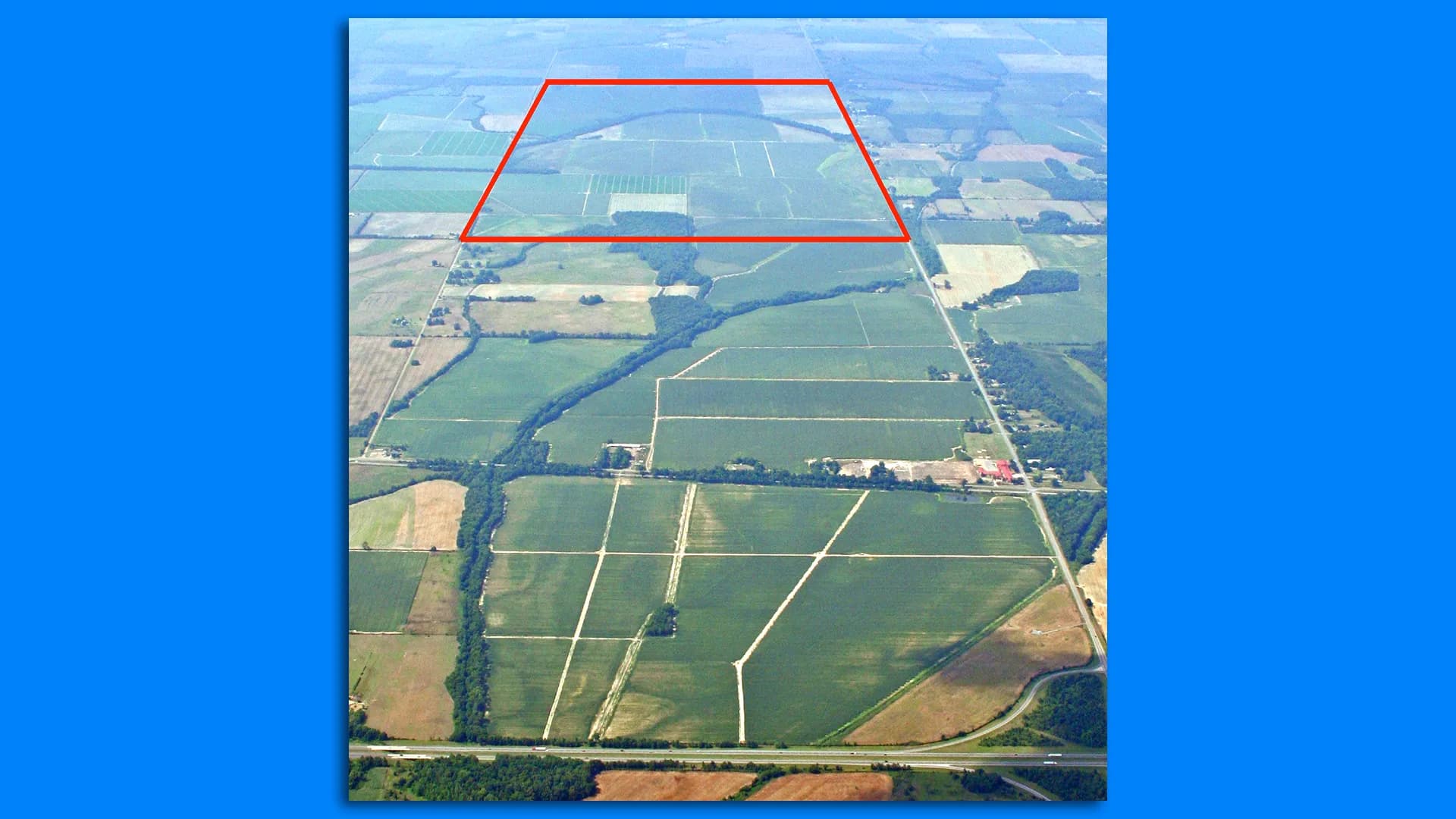Massive Investment Raises Environmental Concerns
In a move that stirs both excitement and apprehension, Meta has begun construction on the largest data center in the Western Hemisphere in rural Northeastern Louisiana. The $10 billion facility is being built on what used to be fertile soybean fields, now transformed into a sprawling 2,250-acre site. Even as state officials herald this project as a transformative economic opportunity, the environmental repercussions loom large, threatening to exacerbate Louisiana’s already fragile ecosystem.
Tax Breaks Favor Corporations Over Communities
To lure Meta to Louisiana, officials rolled out a staggering array of tax breaks, including a 20-year sales tax exemption signed into law by Republican Governor Jeff Landry shortly after taking office. This exemption allows Meta to sidestep potentially billions of dollars in sales tax, a move criticized for prioritizing corporate profits over the needs of local communities. As reported by CNBC, the state has already given away nearly $6 billion in similar sales tax breaks over the past five years, raising questions about fiscal responsibility and accountability.

Governor Jeff Landry Visits the Southern Border | Office of Go…
Energy Demands Threaten Grid Stability
The energy requirements of this data center are staggering. During peak periods, it is expected to consume twice as much electricity as the city of New Orleans, pushing the already strained local grid to its limits. Entergy Louisiana, the utility company responsible for powering the facility, has proposed constructing three new gas-fired power plants at a cost of over $3 billion to meet this demand. However, critics from the Alliance for Affordable Energy argue that this only adds to the state"s existing vulnerabilities, potentially increasing electricity rates statewide. Jackson Voss, Climate Policy Coordinator for the Alliance, stressed that the addition of a massive consumer of electricity without addressing grid reliability is a recipe for disaster.
Job Creation vs. Environmental Sacrifice
While proponents tout the creation of 500 permanent jobs and a temporary boost of 5,000 construction jobs, this pales in comparison to the environmental costs associated with the project. Critics argue that such a minimal increase in employment does not justify the extensive resource consumption and ecological degradation. As reported by CNBC, the region, already one of the poorest in the state, may not benefit as much as promised. The promise of jobs feels hollow when weighed against the long-term environmental implications.

Agreement benefits urban farmers, entire Indiana watershed ...
Local Communities Left in the Dark
Local residents watch anxiously as their rural landscape is altered forever. The promised economic benefits seem distant when they consider the immediate environmental risks. The project raises essential questions about who truly benefits from such corporate investments. As local officials scramble to position Louisiana as a competitive player in the data center arena, the voices of marginalized communities are often drowned out. The focus on short-term economic gains overlooks the long-term consequences for local ecosystems and the people who depend on them.
As Louisiana courts more corporate giants like Meta with massive tax incentives, the trend of sacrificing local communities for the sake of economic development continues. The stark reality is that this deal may transform the landscape economically, but at what cost to the environment and social fabric? Louisiana must grapple with these critical questions as it navigates this new chapter.







![[Video] Gunfire between Iraqi security forces and Sadr militias in Baghdad](/_next/image?url=%2Fapi%2Fimage%2Fthumbnails%2Fthumbnail-1768343508874-4redb-thumbnail.jpg&w=3840&q=75)
